Description
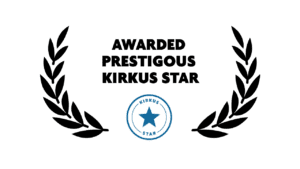
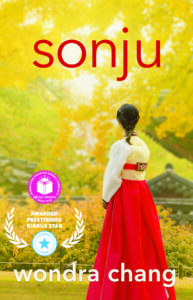 One of KIRKUS REVIEWS: The Best 100 Indie Books of the Year (2021)
One of KIRKUS REVIEWS: The Best 100 Indie Books of the Year (2021)
Read more on the Kirkus website. Sonju is on page 18.
Sonju by Wondra Chang
978-1-948692-58-8 paper 19.95
978-1-948692-59-5 ebook 9.99
5½ x 8½, 290 pp.
Historical Fiction
July 16, 2021
Also available in paperback, ebook, and audio formats at these online retailers:

Amazon.com, Barnes & Noble, Books-a-Million, Bookshop.org, Kobo
Sonju opens on a chilly day in November, 1946 in Seoul, Korea. Japan has ended its thirty-five-year occupation of Korea after the bombing of Nagasaki and Hiroshima. The American military has become the new occupier. Sonju is on the way to her best friend’s house when she sees two Americans in military uniforms walking ahead of her, and her heart stirs. So begins the story that spans over two decades.
Sonju comes of age in Japanese-occupied Korea, and having received a modern education, she imagines a life of equality and freedom of choice. Her ideals soon clash with the centuries-old Confucian tradition of order and conformity when her mother arranges her marriage to a man she has never met. The decisions she makes during the Korean War lead to her being disowned by her family, betrayed by her best friend, and shunned by society.
Through the period of rapidly evolving political strife in her country following its liberation in 1945, Sonju’s private struggle to seek her relevance in a male-dominated society parallels the struggles of Korea on its way to becoming a force in the world.

Wondra Chang was born in South Korea and has lived in the U.S. since 1970. Her writing discipline began at age ten, writing five short stories a day under the tutelage of a writing teacher. She won first place in a province-wide in-person writing competition. She studied journalism at Ewha Womans University in Seoul, Korea. She currently lives in San Antonio, Texas, with her husband, Bernard Rauch.
Sonju is Wondra Chang’s first work published through Madville Publishing.
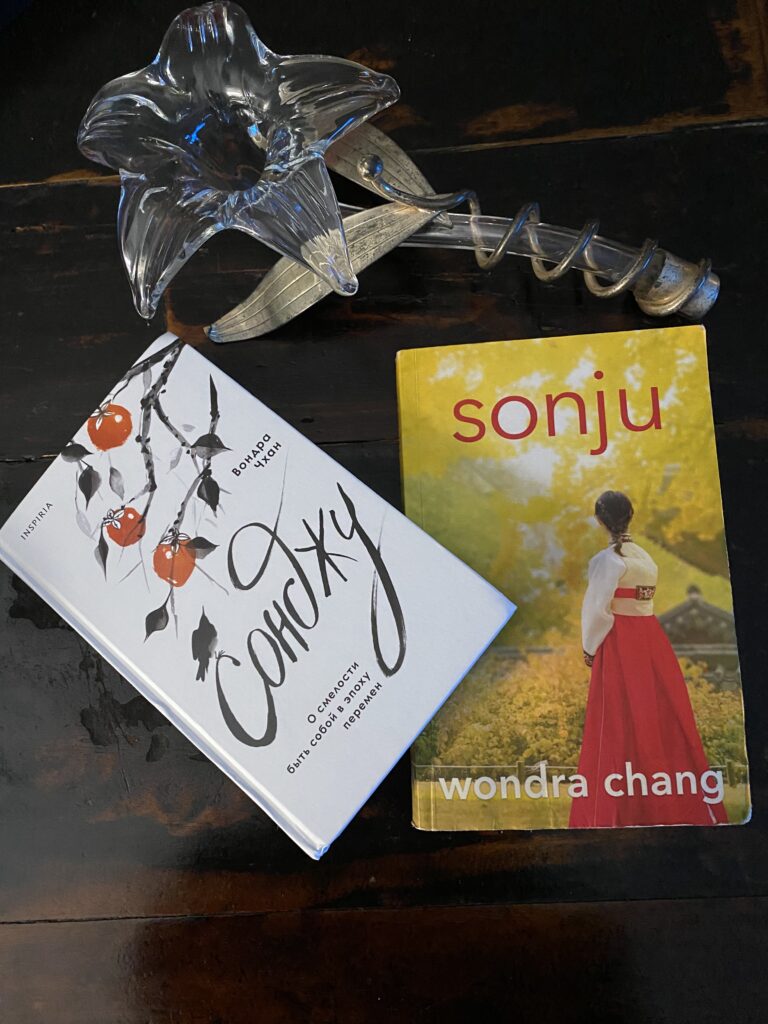
Newest reviews and interviews:
Launching My Debut Novel At 75
July 16, 2022 | By Wondra Chang for Women Writers Women Books
Grandma Moses started painting at the age of 78 and wrote an autobiography at 92. My debut novel, Sonju, was launched when I turned 75.
I came to the States in 1970 when I was 24. My two children were born and raised here. They speak perfect English. You would think that my English, too, would be perfect, at least near perfect after fifty years speaking it and working as a psychotherapist for over two decades. But that hasn’t been the case for me… read more
Sonju: Interview with Wondra Chang
by Christina Hamlett for You Read It Here First: Conversations with Today’s Authors
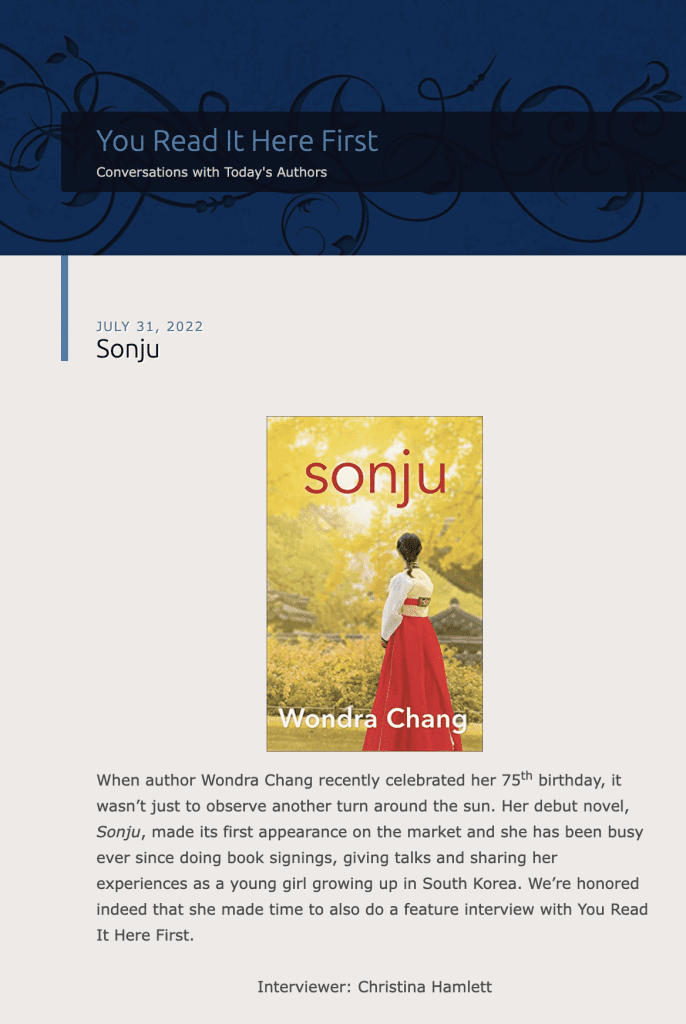
From the Midwest Book Review:
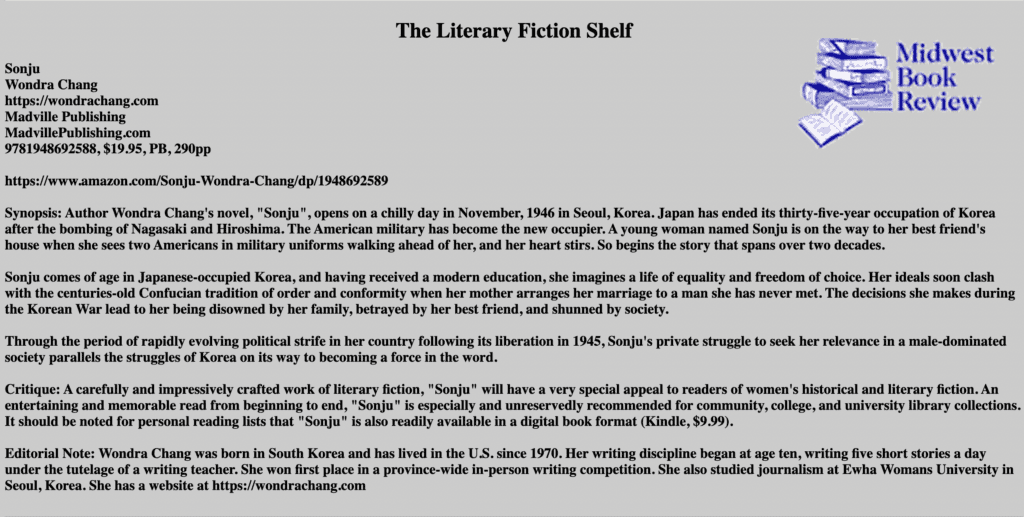
Visit the Midwest Book Review Website to read the review. http://www.midwestbookreview.com/lbw/jun_22.htm#LiteraryFiction
From Kirkus Reviews: The Best 100 Indie Books of the Year, VOL. LXXXIX, NO. 24 | 15 DECEMBER 2021, p. 18:
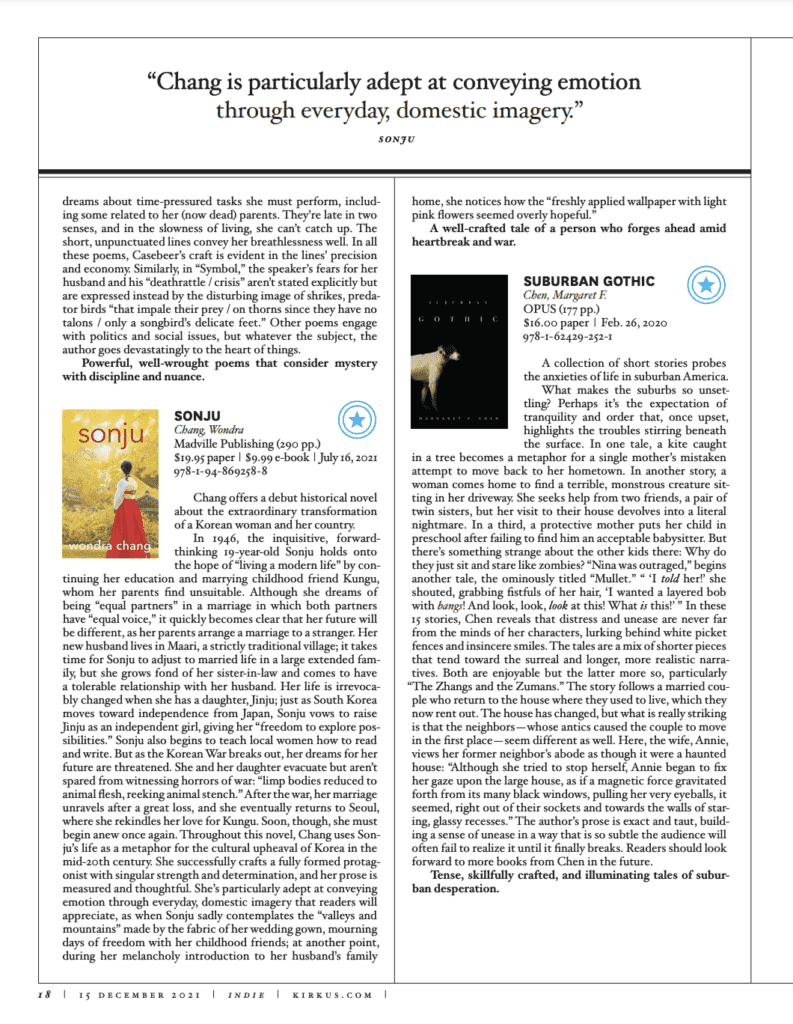
- “REQUIRED READING: SONJU BY WONDRA CHANG” by Rose Bae for BROAD RECOGNITION, a feminist publication at Yale.
- Author Talks: Where Writers are an open Book. Jane VanVooren Rogers interviews author Wondra Chang about her debut novel, “Sonju”.
This revealing, passionate account of a young woman’s coming of age, achievement of maturity, and discovery of emancipation is written from the heart. More than merely a story of love and betrayal, loss and sacrifice, it also offers an allegory for the emergence of South Korea as a significant player in the game of nations. Sonju’s “flowering,” in a sense, her journey of self-discovery is watered by the tears of pain and the gut-wrenching experience as she is dragged almost physically from a primitive world of repressive tradition and subjugation, a prescribed life deeply rooted in antiquity into a bewildering world of rapidly evolving modernity and change. Her story is, in a way, Korea’s story, and her pain, in so many ways, reflects Korea’s pain as a nation divided by artificial lines and fiercely debated social and political convictions, as it struggles to protect its identity, its values. This tale tears at the heart, reminding us of the mutability of fortune, the fragility of life, and teaches us that, ultimately, we must each define ourselves, determine our destinies, without counting the cost. Carefully written, rendered in prosaic watercolor, Sonju will sober every reader’s perception of the common humanity that motivates us all to be better, to do more, to achieve all we can through confidence and determination and belief in ourselves.
—Clay Reynolds, author of The Vigil, Agatite, Franklin’s Crossing, Ars Poetica, Monuments, and The Tentmaker.
Chang gifts us with an epic pulsing with life, fevered with longing, brimming with hope, and coursing with humanity. It’s the kind of writing and storytelling that will settle into your heart, your soul, your very bones.
—Brian Petkash, author of Mistakes by the Lake
In this debut novel of epic scope, Wondra Chang offers an insightful exploration into post-WWII South Korean life through her portrayal of Yu Sonju, a miscast woman who comes of age at a time when her family and others of her class cling to a culture that suppresses women’s dreams and ambitions. Chang, a former psychotherapist, takes us to a place in the world that has recently become more visible to Western audiences due to the success of South Korean films such as the award-winning Parasite and Cho Nam-Joo’s bestselling novel, Kim JiYoung, Born 1982. Chang, however, in a story largely set in Seoul, provides a vivid picture of South Korea as it once was and a place well on its way to becoming the country we know today, rendered through the perspective of a woman who struggles to find a place for herself in her native land. Despite the suffering she endures, Sonju’s story is one of triumph made possible through the relationships she develops with the women she meets along her journey, and eventual success as a writer and businesswoman in a male dominated world. Chang has written a deeply-moving novel that will expand the worldview of readers from all backgrounds.
—Reggie Scott Young, author of Yardbirds Squawking at the Moon
One of feminism’s many challenges is to express it in fiction without yielding to the temptation to oversimplify or overdramatize its evolution within individual women, and within those women’s social and cultural milieus. When those milieus are unfamiliar to most readers, the difficulties can be compounded. Sonju does a masterful job of guiding the reader through all of this. Sonju herself is a young Korean woman who comes of age in the 1940’s while her country is subjected to Japanese rule. She submits to a hasty, inferior marriage to protect her family’s status, then tries to be resigned and loyal while still trying to find her own way. Relationships within her new family, the Korean War, her husband’s infidelity, her decision to leave him and return to the lover of her youth all serve to slam doors shut behind her. She is even forbidden all contact with her daughter, a loss that torments her ever after. At the same time, what lies ahead is nothing she planned and nothing she knows how to manage. Without overt or artificial drama she leads the reader through the thoughtful renovation of her life, and, at the same time, the slow evolution of her country. Without the usual spectacle of such a Cinderella-seeming story, Sonju rings with truth and realism. The reader never questions the harshness of the culture nor her commitment to it. The reader admires the small but steady steps she and Korea make together. This story is truly one of a kind, unforgettable, and deeply satisfying.
—Kathryn Berck, author of The Hostage, The Suppliant, The Hunter, and The Good Kinsmen
Wondra Chang delights us with a story of family, love and the search for happiness. Here is a journey filled with romance, tragedy, and intrigue, a journey worth taking. Enjoy.
—Jose Antonio Rodriguez, author of This American Autopsy
Pitting a woman’s passion against life-crippling traditions, Wondra Chang does for South Korea what Thomas Hardy did for the English countryside. Chang’s debut opens in Seoul in 1946, when Sonju is almost 20 and the nation is poised on the edge of war and modernization. Her strict parents force her to marry a well-off stranger in the country, though she has long loved a poor, fatherless man committed to an equal union. But Sonju was not made to be a sacrificial lamb on the altar of family “honor.” With a style direct and lyrical, Chang’s debut moved me so viscerally that I wept through the last third. You won’t be the same after reading this courageous and powerful novel.
—Janet Benton, author of Lilli de Jong
As Sonju grows up in Korea, first Japanese-occupied and later under American occupation, she struggles to find her place in an ever-changing world. She is a modern woman in 1946, whose education and values do not always mirror the culture and traditions of her heritage.
A wonderful, wonderful book, to be read and cherished.
I read this EARC courtesy of Edelweiss and Madville Publishing. HIGHLY RECOMMENDING
—Lynn Price, blogger & reviewer for Edelweiss
This book was very well written. The main character’s story was heartbreaking and it talked about important themes. I found it to be inspiring because the main character was battling with pressures from society, but she still found independence. Overall, I enjoyed reading this book especially because I am a big fan of Korean history and I recommend this book to anyone who is a fan of historical fiction.
Highly Recommending
—vidhikoli31 Review for Edelweiss

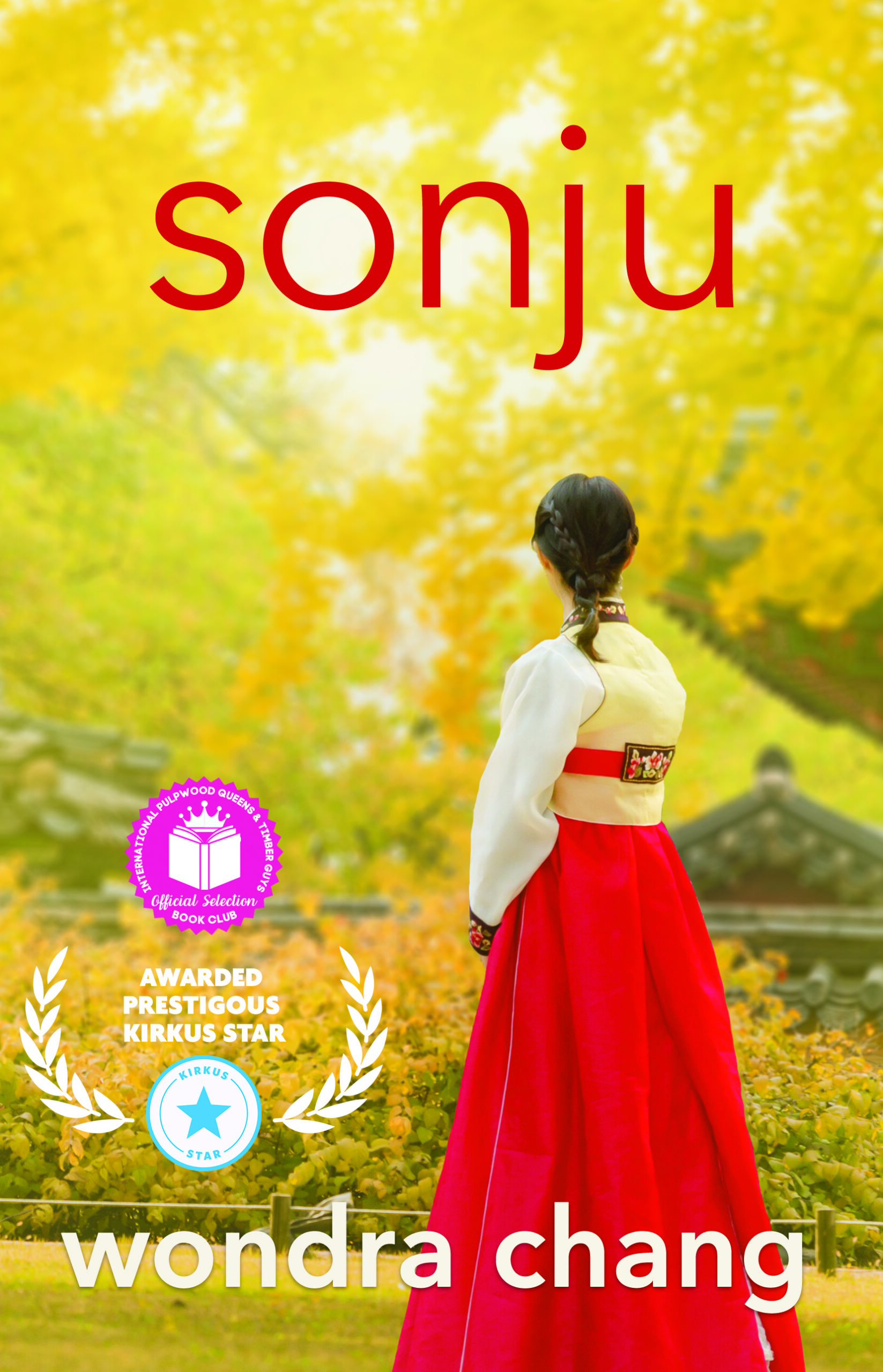
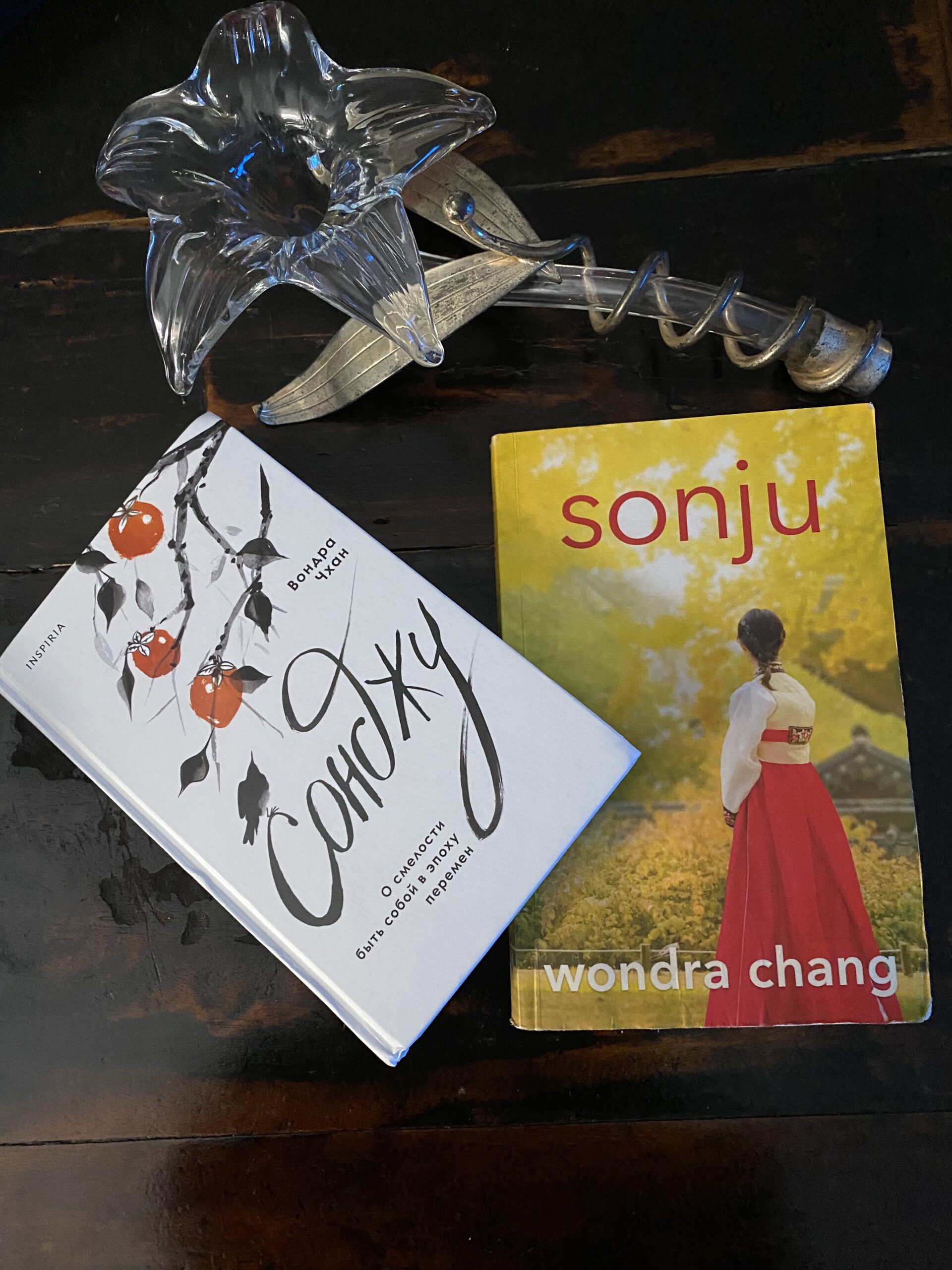
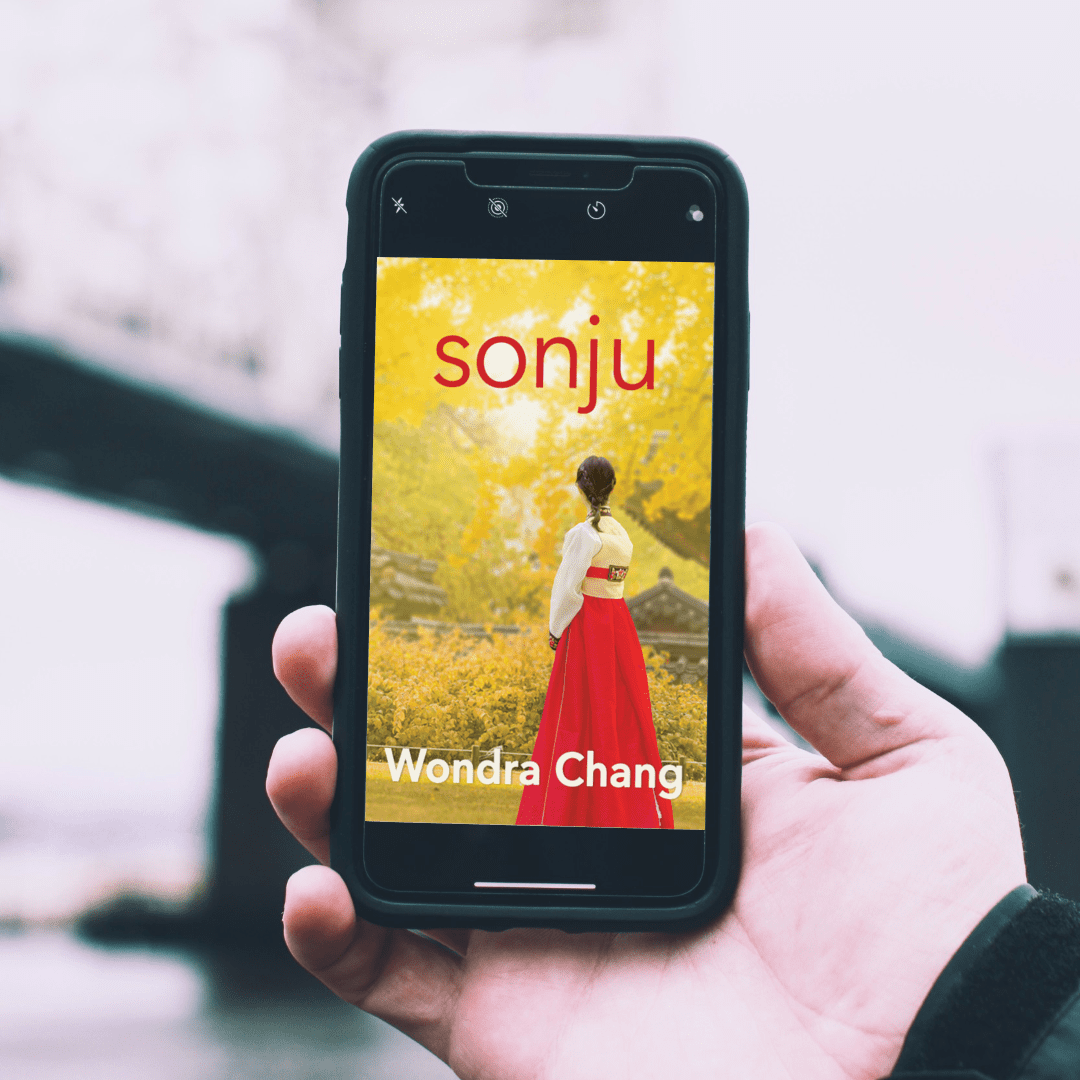
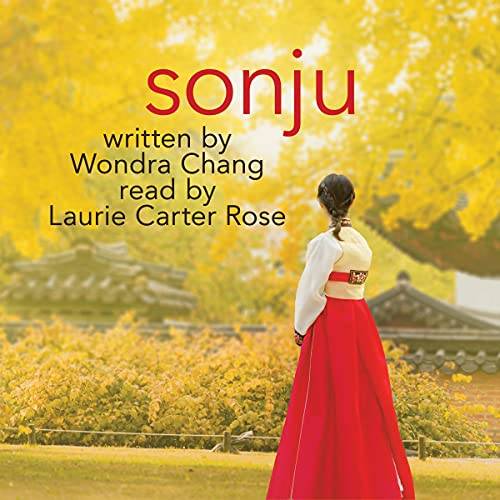
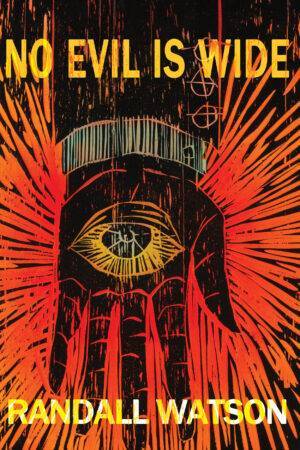
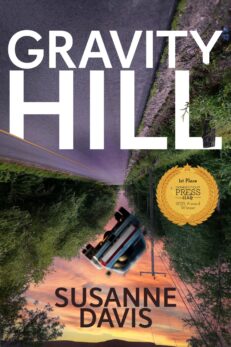
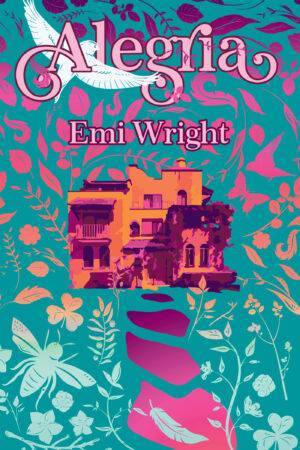
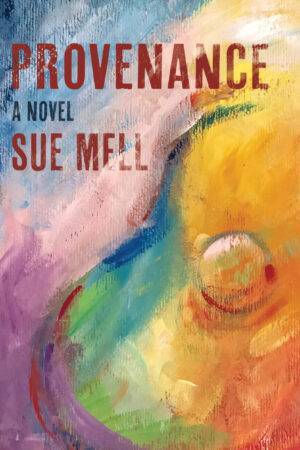
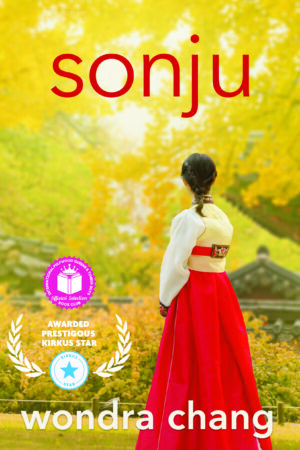
kpdavis –
The whole staff at Madville is in love with this book. We all fell in love with Sonju and cried with her through the hard times, then swelled with pride as she persevered.